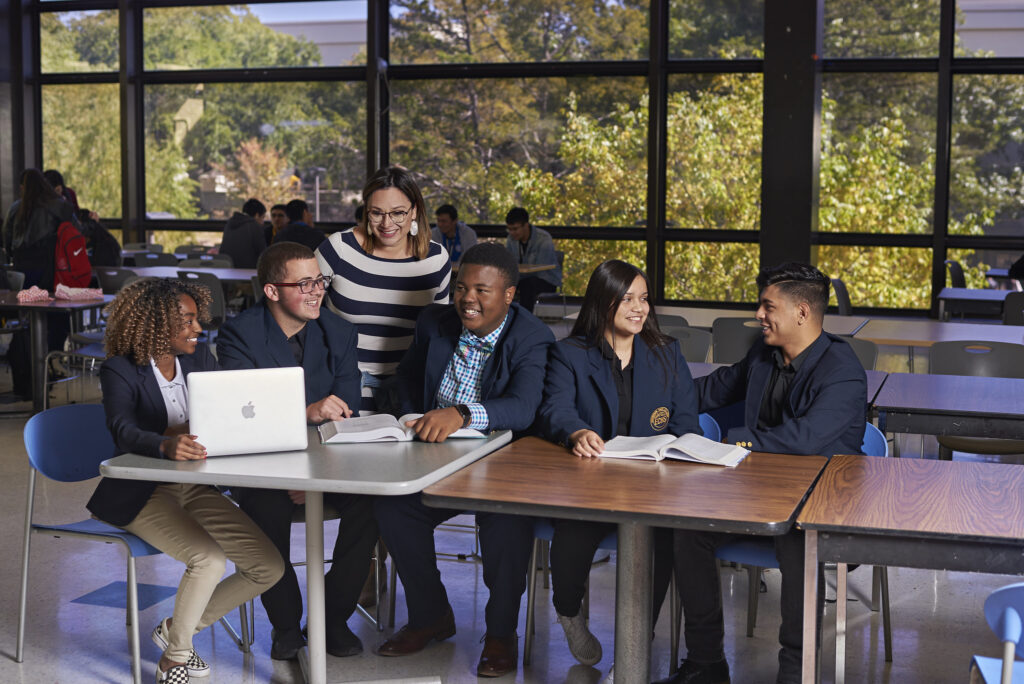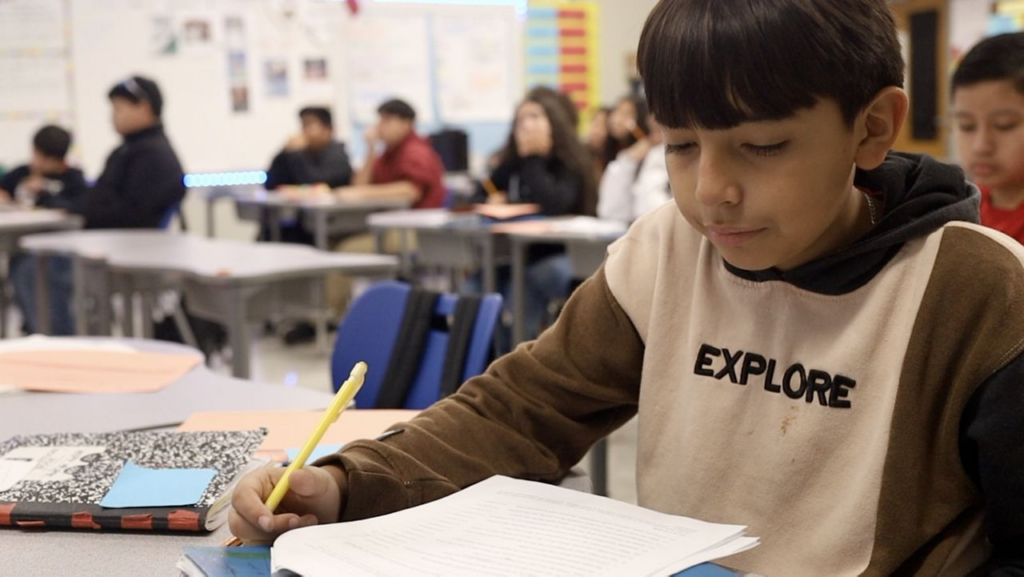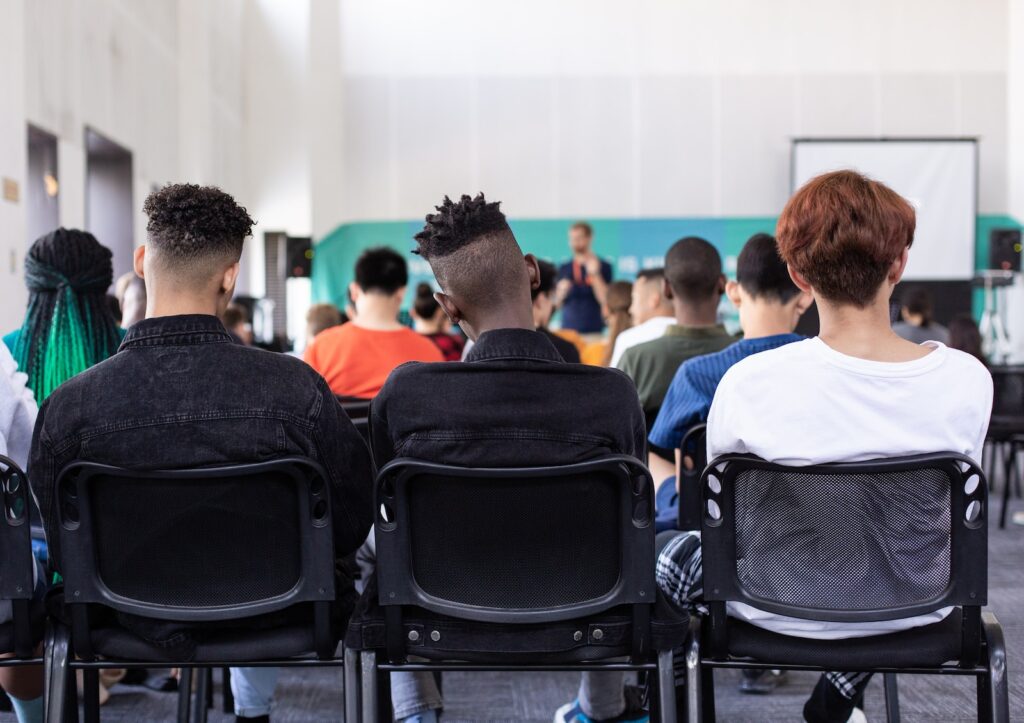School safety

In response to the deadliest school shooting in Texas, lawmakers have upped legislation concerning gun and school safety. House Bill 3 passed late last year, which created the requirement for an armed security guard to be present on all campuses and also ramped up mental health resources for students.
Ft. Worth extends schedule for pre-k students

Parents with young children in the Fort Worth Independent School District will be able to pick up their pre-K and elementary students at the same dismissal time next school year. As pre-K enrollment kicked off for Fort Worth ISD last week, the district announced an extended day for its youngest students that will align with the kindergarten through fifth-grade schedule. The day will last from 7:50 a.m. to 3:20 p.m., adding an extra 50 minutes until the 3- and 4-year-old students leave for the day. The change will simplify transportation logistics for families with more than one child who are currently having to make two trips to the same campus.
AI is grading STAAR

Students sitting for their STAAR exams this week will be part of a new method of evaluating Texas schools: Their written answers on the state’s standardized tests will be graded automatically by computers.
Dallas school leader delivers annual State of District Address

Dallas schools are heading in the right direction despite inaction from Texas lawmakers, Superintendent Stephanie Elizalde said during her annual State of the District address.
As Advanced Placement program grows, students gain in Dallas ISD

Dallas ISD’s Advanced Placement (AP) students are excelling, according to the district’s Advanced Academic Services department, which reported an increase in enrollment, student participation in the AP exams, and qualifying […]
San Antonio ISD expecting stronger dual language programs amid school closures

A mural on San Antonio’s West Side fills Esmeralda Alday with pride. It’s called the “8 stages in the life of a Chicana.” “She’s looking in the mirror and and […]
Local Students Awarded TALAS El Paso “Keep Moving” Scholarships

The Texas Association of Latino Administrators and Superintendents (TALAS) El Paso Chapter is proud to announce the recipients of the TALAS El Paso Keep Moving Scholarships. These scholarships, totaling $9,000, […]
Crisis in the Classroom: Schools working to handle increasing immigrant influx in Southeast Texas

The immigrant students moving into the district represent the fastest growing segment of PN-G ISD’s population.
Latino community advocates in East Texas express concerns over bill allowing local police to arrest, deport undocumented immigrants

Immigration legislation Senate Bill 4 is headed to Governor Greg Abbott’s desk to be signed into law.
How Mesquite ISD’s Districtwide Program Nurtures Students

More than 30 school board members attending txEDCON23 TASA | TASB Convention in Dallas took a field trip to Mesquite ISD where they learned about an innovative districtwide program that is having a positive impact not only with students and staff, but on the entire district community as well.

